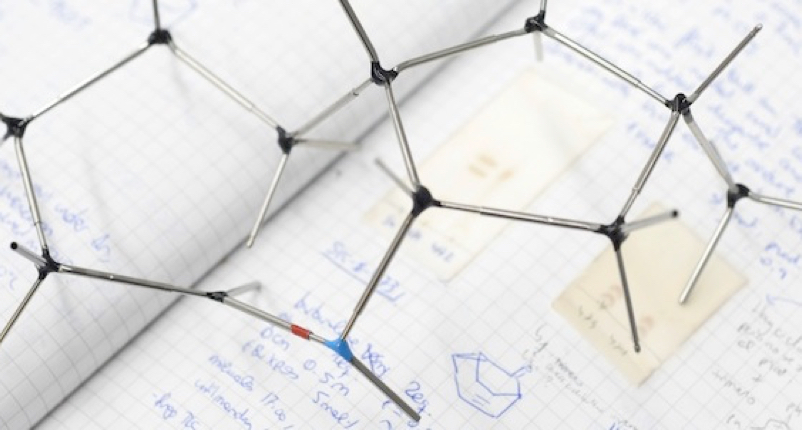Chiral gold(I) catalysts have been designed based on a modified JohnPhos ligand with a distal C2-2,5-diarylpyrrolidine that creates a tight binding cavity. The C2-chiral element is close to where the C-C bond formation takes place in cyclizations of 1,6-enynes. These chiral mononuclear catalysts have been applied for the enantioselective 5-exo-dig and 6-endo-dig cyclization of different 1,6-enynes as well as in the first enantioselective total synthesis of three members of the carexane family of natural products. Opposite enantioselectivities have been achieved in seemingly analogous reactions of 1,6-enynes, which result from different chiral folding of the substrates based on attractive aryl-aryl interactions.
Enantioselective Folding of Enynes by Gold(I) Catalysts with a Remote C2-Chiral Element

Zuccarello, G.; Mayans, J. G.; Escofet, I.; Scharnagel, D.; Kirillova, M. S.; Pérez-Jimeno, A. H.; Calleja, P.; Boothe, J. R.; Echavarren, A. M.
J. Am. Chem. Soc. 2019, 141 (30), 11858-11863
DOI:
10.1021/jacs.9b06326
Observations
*Highlighted in Synfacts

Let's create a brighter future
Join our team to work with renowned researchers, tackle groundbreaking
projects and contribute to meaningful scientific advancements




















